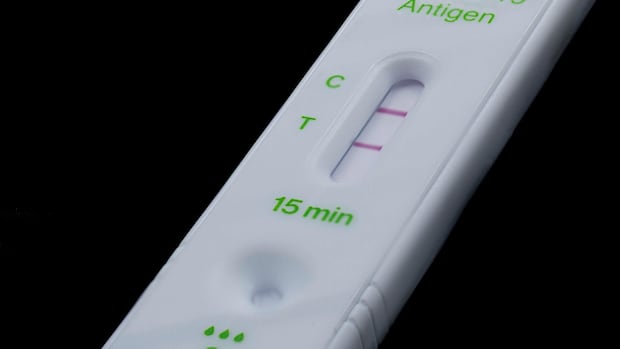The era of free COVID-19 testing in Prince Edward Island is drawing to a close as provincial health officials announced Thursday that the last remaining supply of rapid antigen tests will soon be depleted, with no plans for replenishment. This marks a significant shift in the province’s pandemic response strategy that has provided Islanders with accessible testing options since early 2021.
“We’re essentially seeing the end of an era in our COVID response,” said Dr. Heather Morrison, PEI’s Chief Public Health Officer. “The federal government stopped supplying provinces with free rapid tests earlier this year, and we’ve been working through our remaining inventory since then.”
According to the Department of Health and Wellness, the province has distributed over 3.2 million free rapid tests to residents through access points including public libraries, pharmacies, and community service centers since the program began. These tests became critical tools for Islanders to monitor their health status and make informed decisions about isolation during successive waves of COVID-19 infections.
The announcement comes as other Canadian provinces have similarly wound down their free testing programs. Nova Scotia ended its program in May, while New Brunswick discontinued free test distribution in March. This trend reflects a broader national shift away from emergency pandemic measures toward a more sustainable approach to managing COVID-19 as an endemic disease.
Health officials emphasized that while free tests will no longer be available, Islanders with symptoms consistent with COVID-19 should continue taking appropriate precautions. “We’re not saying COVID is over,” clarified Dr. Morrison. “We’re simply transitioning to a different phase of management where individual responsibility plays a larger role.”
For vulnerable populations, including residents of long-term care facilities and those with compromised immune systems, the province is developing alternative testing protocols. Health PEI confirmed that hospitals and healthcare settings will maintain testing capabilities for patients requiring medical assessment.
Retail pharmacies across the island will continue selling rapid tests for those wishing to purchase them, with prices typically ranging from $15 to $25 for test kits. Some health insurance plans may cover these costs, though residents are advised to check with their providers.
The public response has been mixed, with some Islanders expressing concern about potential barriers to testing, particularly for lower-income residents. “Not everyone can afford to buy tests when they’re feeling unwell,” said Emily Richardson, a Charlottetown resident and parent of three. “I worry this could lead to more spread if people can’t confirm whether they have COVID.”
Business leaders have generally supported the move as part of a return to normal operations. “We’ve been gradually adjusting our workplace policies,” noted James MacKay, president of the PEI Chamber of Commerce. “Most businesses have already moved away from requiring test results for employees to return to work after illness.”
Public health experts suggest this transition reflects the evolution of the pandemic rather than its conclusion. Dr. Lisa Barrett, an infectious disease specialist and immunologist, observed that “we’re seeing a normalization of COVID management across Canada, but this doesn’t mean the risk has disappeared entirely.”
As this chapter of pandemic response closes in PEI, one question remains for Islanders and Canadians alike: How will our healthcare systems balance fiscal constraints with the ongoing need for vigilance against a virus that continues to circulate and evolve in our communities?










